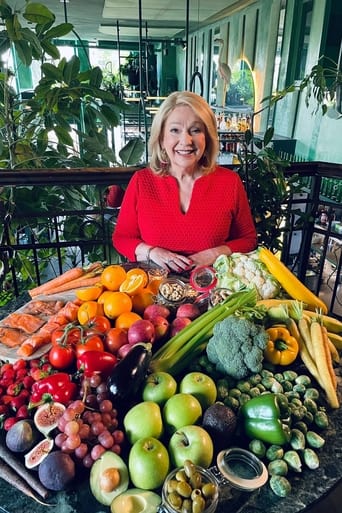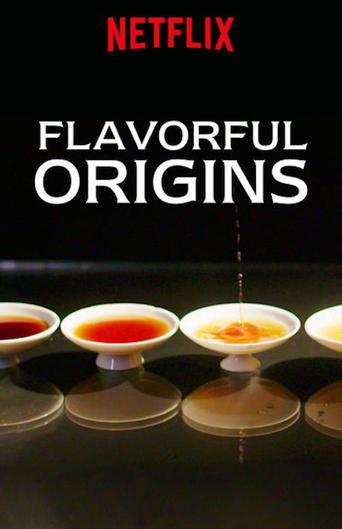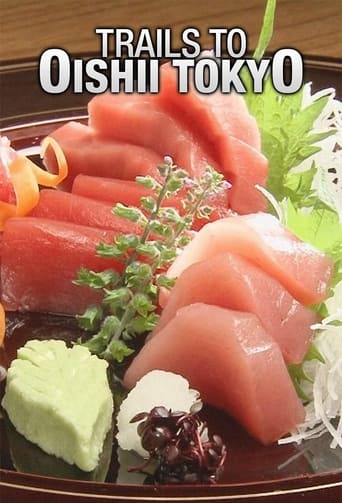
Rating:
0/10 by 0 users
RAKKYO
Pungent, aromatic rakkyo is grown in Tottori Prefecture, a major production area famous for sand dunes. See how farmers battled with a harsh environment to eventually produce a quality, versatile veggie.
Writing:
Release Date:
Wed, Mar 27, 2019
Country: JP
Language: Ja | En
Runtime: 28
Country: JP
Language: Ja | En
Runtime: 28
Season 6:
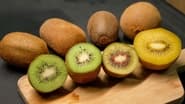
The key to tasty kiwi is a ripening process that takes place after harvest. Discover new varieties being developed in Kagawa Prefecture and feast your eyes on innovative dishes.

Known to the world as panko, Japanese breadcrumbs are made by breaking apart fresh loaves of bread. Experience Japan's crunchy, juicy and truly unique fried food culture.
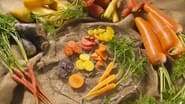
Japan has a number of carrot varieties resulting from selective breeding. Discover carrots grown beneath the snow and savor an array of dishes from French to Japanese.

Koya-tofu: a freeze-dried food made from tofu. It absorbs flavors like a sponge, making it ideal for a huge variety of dishes. We dive deep into this protein-packed superfood.

Mentaiko is cured and spiced pollock roe, with a deep flavor provided by kombu and katsuobushi broth. Discover the secrets of a beloved food that spread from Fukuoka to the rest of Japan.
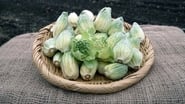
Fukinoto signals the coming of spring. Shaped like a lovely bouquet, the mountain veggie offers a stimulating bitterness that people wait all year to enjoy.

Wakasagi—small, 10-cm fish—are the star of Japan's winter fishing season. Drill holes in an icy lake for some line fishing, and meet fishers who are passionate about conservation efforts.

Ise-ebi is the king of Japan's crustaceans. With its elegant flavor and warrior-like appearance, the high-end food is a must on festive occasions. Feast your eyes on delectable local cuisine.
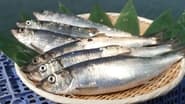
Schools of nishin, or Pacific herring, enter Japan's cooler northern waters in spring. Once a lucrative part of local economies, the fish remains a staple ingredient in various Japanese dishes.

Spring oysters, packed with umami before spawning, have been attracting attention in recent years. We visit Hiroshima Prefecture, Japan's largest oyster-producing region, to learn more.

Japanese melons are known to be juicy and intensely sweet. Their beautiful netting patterns indicate careful cultivation and wonderful flavor. Meet dedicated farmers and savor a truly versatile fruit.

Pungent, aromatic rakkyo is grown in Tottori Prefecture, a major production area famous for sand dunes. See how farmers battled with a harsh environment to eventually produce a quality, versatile veggie.

Asparagus brings a pop of color to early summer, and increasing demand is promoting a bevy of new varieties. Witness cutting-edge cultivation in Hokkaido Prefecture, Japan's largest production area.

Enoki are the most produced mushrooms in Japan. The thin, white mushrooms are a staple ingredient in hot pot dishes. Check out amazing cultivation methods and feast your eyes on some unique recipes.

Shiso: a Japanese herb gaining fans worldwide. Refreshing shiso is key in Japanese cuisine, which features a lot of raw fish. See how shiso's leaves, flowers and seeds are all used in oishii dishes.

Is octopus a superfood? Enjoy traditional fishing and dishes in Akashi, a major production area. Also, see how low-fat, high-protein octopus can be used in French cuisine, highlighting its potential.

Rice flour is attracting global attention. After using it for ages to make sweets, Japan employs the latest milling tech to create rice flour for various uses. See how the powder continues to evolve.

Tomatoes offer great umami—something that's key in Japanese cuisine. Japan is home to some 300 varieties where novel cultivation methods utilizing technology could change how we grow food.

World-famous edamame are soybeans harvested before maturity. They're great simply boiled and seasoned with salt, but check out some other ways to savor their sweet aroma and rich umami.
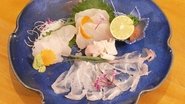
Kue is a large deep-sea fish that's quite elusive, but its superb flavor keeps people begging for more. Savor unique dishes and learn about efforts being taken to protect this luxurious fish.

Visit specialty tofu makers across Tokyo that are deeply rooted in their local communities and see how the traditional food has come to be used in all kinds of cuisine, from east to west.

Kabocha, or squash: over 160 types are grown in Japan, many of them native. Visit passionate farmers across the country, including those who utilize grape trellises and extended ripening methods.

